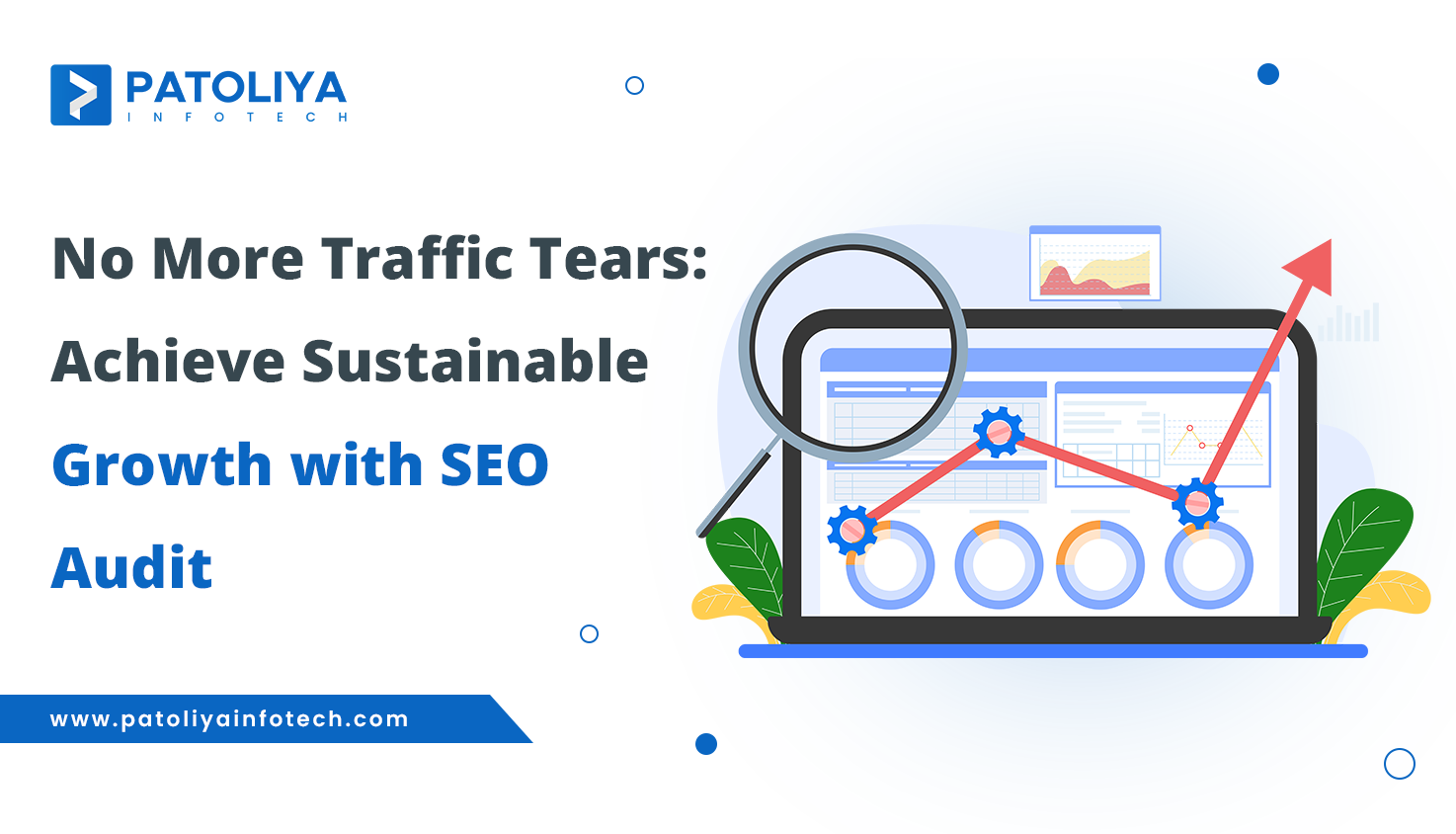Is Link Building Dead or Just Evolving in the World of SEO?

Table of Contents
In the ever-changing world of SEO, the topic of whether link building is dead or just evolving continues to pique the interest of digital marketers and SEO specialists.
Building link, or the technique of obtaining hyperlinks from other websites to your own, has long been a cornerstone of SEO methods, but with frequent changes in search engine algorithms and the development of new digital marketing tactics, its efficiency and relevancy have been called into doubt.
History of Link Building
Link building has been a critical component of SEO since the early days of the internet.
Search engines such as Google utilize links to determine the ranking of websites in search results.
Historically, the number of connections was frequently prioritized over quality, resulting in the growth of strategies such as link farming and spammy link-building activities.
Current State of Building Link
Changes in Search Engine Algorithms
In recent years, search engine algorithms have evolved to place a higher focus on the quality and relevancy of connections.
Google, for example, has implemented multiple modifications, including Penguin and Panda, which penalize sites that participate in manipulative link-building methods.
Importance of Quality Over Quantity
Today, link building is more about quality than quantity. Search engines prioritize links from authoritative, well optimized websites over those from low-quality or irrelevant sites.
This has resulted in a more deliberate approach to link development, with an emphasis on developing connections and generating good material that organically draws links.
Ethical Practices
Another factor influencing the current state of link-building is the increasing emphasis on ethical practices.
Search engines are cracking down on black hat SEO tactics, such as buying links or participating in link schemes, in favor of more organic, sustainable link-building strategies.

Arguments for Link Building Being Dead
Rise of Social Media
Some argue that the rise of social media has diminished the importance of traditional link-building.
Social media platforms allow content to be shared and promoted without the need for external links, leading some to believe that links are no longer as crucial for SEO.
Search Engine Algorithm Updates
The frequent updates to search engine algorithms have also contributed to the perception that building link is dead.
With each update, there is speculation that links will become less important, as search engines place greater emphasis on other ranking factors.
Negative SEO Practices
The prevalence of negative SEO practices, such as link spamming and negative link building, has also cast a shadow over the effectiveness of traditional building link.
These practices can result in penalties from search engines, further fueling the belief that link-building is no longer a viable strategy.
Are you ready to elevate your online presence and drive success? Dive into our latest blog, where we unveil the key strategies and insights to propel your website to new heights.
Arguments Against Link Building Being Dead
Continued Importance in SEO Strategies
Despite the challenges facing traditional link building, many experts argue that it remains an essential component of SEO strategies.
High-quality, relevant links are still considered one of the most influential ranking factors by search engines.
Benefits Beyond SEO
Building link also offers benefits beyond SEO.
It can drive referral traffic, increase brand visibility, and establish credibility and authority within a given industry.
Evolution of Link-Building Strategies
Rather than dying out, link building has evolved to adapt to the changing digital landscape.
Strategies such as content marketing, influencer outreach, and digital PR have emerged as effective ways to acquire high-quality links naturally.
Transformations in Link Building

Focus on Quality and Relevance
Modern link-building strategies place a strong emphasis on quality and relevance.
Links from authoritative, relevant sites are more valuable than ever, while links from low-quality sites can harm your SEO efforts.
Importance of Natural Link Acquisition
Search engines are increasingly rewarding sites that attract links naturally through the creation of high-quality, engaging content.
This has led to a shift away from manual link-building tactics towards a more holistic approach to SEO.
Incorporation of Content Marketing
Content marketing has become a key component of modern link-building strategies.
By creating valuable, shareable content, businesses can attract natural links from other websites, improving their SEO performance in the process.
Wrap Up
While the landscape of link building may be changing, it is far from dead.
High-quality, relevant links remain a crucial factor in SEO rankings, and the evolution of link-building strategies has only served to strengthen its importance.
By focusing on quality over quantity, adopting ethical practices, and embracing new strategies, businesses can continue to benefit from the power of link-building in the digital age.
FAQs
Is link building still important for SEO?
Yes, link building is still an important factor in SEO rankings. High-quality, relevant links can significantly impact your search engine rankings.
What are some ethical link-building practices?
Ethical link-building practices include creating high-quality, shareable content, building relationships with influencers and industry leaders, and earning links naturally through valuable content.
Are there any risks associated with building link?
Yes, there are risks associated with building link, particularly if you engage in manipulative or black-hat SEO tactics. Search engines may penalise you for this.
How can I improve my link-building strategy?
To improve your link-building strategy, focus on creating high-quality, engaging content, building relationships with authoritative sites, and avoiding spammy or manipulative tactics.
Is link building more challenging now than in the past?
Yes, building link has become more challenging in recent years due to changes in search engine algorithms and the increasing emphasis on quality over quantity.
However, with the right approach, it is still possible to build a strong link profile.



